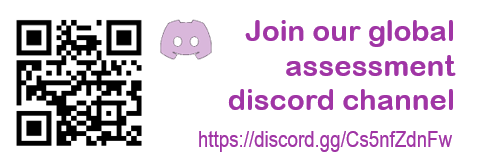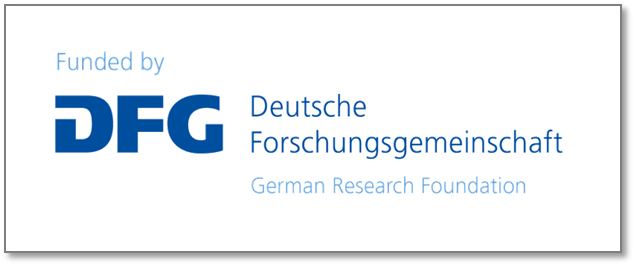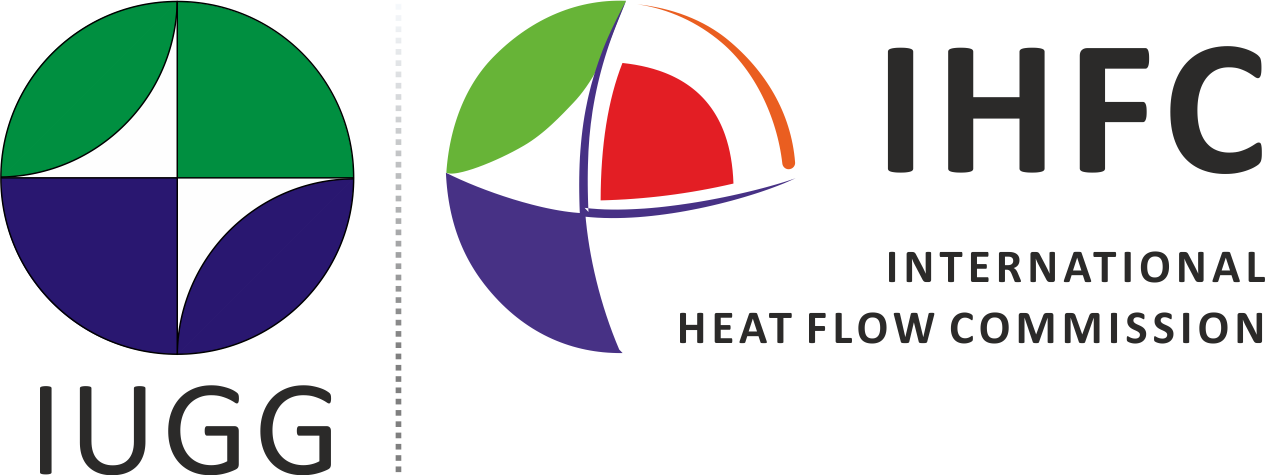A global collaborative project for the authenticated global heat flow database
- Our vision: Providing a quality controlled, authenticated global heat flow database
- Collaborative and volunteering – share your local experiences for the global benefit
- 135+ scientists from 47 countries already support this project
What is the task?
The Global Heat Flow Data Assessment Project is designed to provide a quality controlled, authenticated global database of heat flow values and other thermal data. This project supports the International Heat Flow Commission (IHFC) whose mission includes promoting geothermal research and maintaining and disseminating the Global Heat Flow Database to the global community of Earth scientists. To this end, screening, assessing, and updating each data entry compiled in the Global Heat Flow Database since 1939 is required. All project collaborators contribute with the revision of selected papers in this process.
Who we are!
The Global Heat Flow Data Assessment Project was initiated by the members of the IHFC (read more about this process), coordinated and led by the Task Force VIII “Lithospheric Heat Flow – Global Data Assessment Project” of the International Lithosphere Program (ILP; funded by IUGG and IUGS) and strongly supported by many scientists of the heat-flow community. It is also side-kicked by the World Heat Flow Database project (WHDB project, funded by DFG).
ILP Task Force Leaders:
All ILP Task Force Leaders can be contacted in terms of the assessment project. Each one of the six is managing the revision of publications from a different region. To get support with the publications you are revising, please, contact the person in charge of the region of your specific interest:
Sven Fuchs (IHFC profile: Central/Northern Europe, Russia (European part)
Massimo Verdoya(IHFC profile): Central/Southern Europe, North Africa, Middle East
Raquel Negrete Aranda (IHFC profile): Eastern Pacific, Western part of America
Shaowen Liu (IHFC profile): Asia
Robert Harris (IHFC profile): Caribbean, Atlantic
Graeme Beardsmore: Australia/Oceania
All remaining regions and general questions: contact
Contributors (18 December 2025th) - now: 135 The project was kicked-off with the commitment of 66 scientists in 2021. Over time, the number of contributors was growing substantially. An updated overview of project partners and contributors is given here: heatflow.world/about/partners
What you can do?
Become a member of the international and collaborative initiative and contribute to the vision by:
- Reading the paper on the new database structure and field definitions [link] and the review guidelines [link]
- Selecting the publications you want to review online [link]
- Reviewing the publications and updating the associated database entries [link (Release 2024)] by using our template [link (version 05/2025)]
- Uploading the results [link]
- … starting at point one again :=)
Beyond this, we appreciate your suggestions and comments for further improvements of the IHFC service to the community.
Need instant help with assessment?
Beside the ILP Task Force leaders that act as regional assessment managers (see above), we are offering instant support via skype. If you need instant support with questions, please write an email to arrange an appointment or check out our global assessment discord channel.

What is your benefit?
Providing reviewed heat-flow data for the community enables in-depth investigations on different scales for different applications. Due to the overwhelming number of heat-flow values worldwide, every single contribution is essential. Therefore, each contributor of an accepted publication revision/update (according to workflow and rules outlined in the guideline), is automatically invited to co-author the database release (data publication), where data revised by him/her/them are published for the first time. Therein, all authors are listed as part of the ‘Global Heat Flow Data Assessment Group’. The next data release is planned for summer 2026. The most recent 2024 data release can be found here.
Global Heat Flow Data Assessment Group 2026 (will be periodically updated)The update is scheduled for summer 2026. Sven Fuchs, Ben Norden, Florian Neumann, Elif Pazvantoğlu, ...Global Heat Flow Data Assessment Group 2024 (Download Release 2024)The update was released in April 2024. Global Heat Flow Data Assessment Group; Fuchs, Sven; Neumann, Florian; Norden, Ben; Balkan-Pazvantoglu, Elif; Elbarbary, Samah; Petrunin, Alexey; Beardsmore, Graeme; Harris, Robert; Negrete-Aranda, Raquel; Poort, Jeffrey; Verdoya, Massimo; Liu, Shaowen; Chambers, Emma; Fuentes-Bustillos, Karina; Sidagam, Eswara Rao; Matiz-Leon, Jhon Camilo; Bencharef, Mohammed Hichem; Mino, Belay G.; Khaled, Mohamed Shafik; Verch, Denise; Berger, Leonard; Chishti, Saman Firdaus; Dergunova, Viktoria; Liebing, Helena; Schulz, Marvin; Schuppe, Pia; Trepalova, Zlata; Chiozzi, Paolo; Duque, Maria Rosa Alves; Forster, Florian; Leveni, Martina; Staal, TobiasGlobal Heat Flow Data Assessment Group 2023 (Download Release 2023)Fuchs, Sven; Neumann, Florian; Norden, Ben; Beardsmore, Graeme; Chiozzi, Paolo; Colgan, William; Anguiano Dominguez, Ana Paulina; Duque, Maria Rosa Alves; Ojeda Espinoza, Orlando Miguel; Forster, Florian; Förster, Andrea; Fröhder, Robert; Fuentes, Karina; Hajto, Marek; Harris, Robert; Jõeleht, Argo; Liebing, Helena; Liu, Shaowen; Lüdtke, Gwendolin; Madon, Mazlan; Negrete-Aranda, Raquel; Poort, Jeffrey; Reznik, Itay J.; Riedel, Michael; Rolandone, Frédérique; Stål, Tobias; Verdoya, Massimo; Wu, Jyun-Nai
Spread the word
Spread the word and inform your colleagues about this project. The more hands and brains, the quicker the global lithospheric research community could benefit from an updated and quality-controlled global database! Help us to make this project a success for everyone. Talk about the project in social (scientific) media and link to us.
The Global Heat Flow Day - online live support
Each year, we organize a 24hrs around the globe virtual live #support session to help researchers get into the #assessment of the global heat flow database. Check our action page.
Support of the assessment process
The IHFC assessment process is financially supported by a number of academic and industrial organizations. Particular support is delivered by:



A complete list of supporters is given here. If you would like to contribute, check out the opportunities...
Contact and Feedback
Send us your comments or opinions to this project via heatflow@ihfc-iugg.org.
F.A.Q.
Questions? Answers will be listed here.
Credits
Page header by S. Fuchs with marine picture from www.westmedflux.fr. Logo design and copyright for data assessment project and Global Heat Flow Day by U. Heidbach (GFZ Potsdam).

 Support!
Support!

